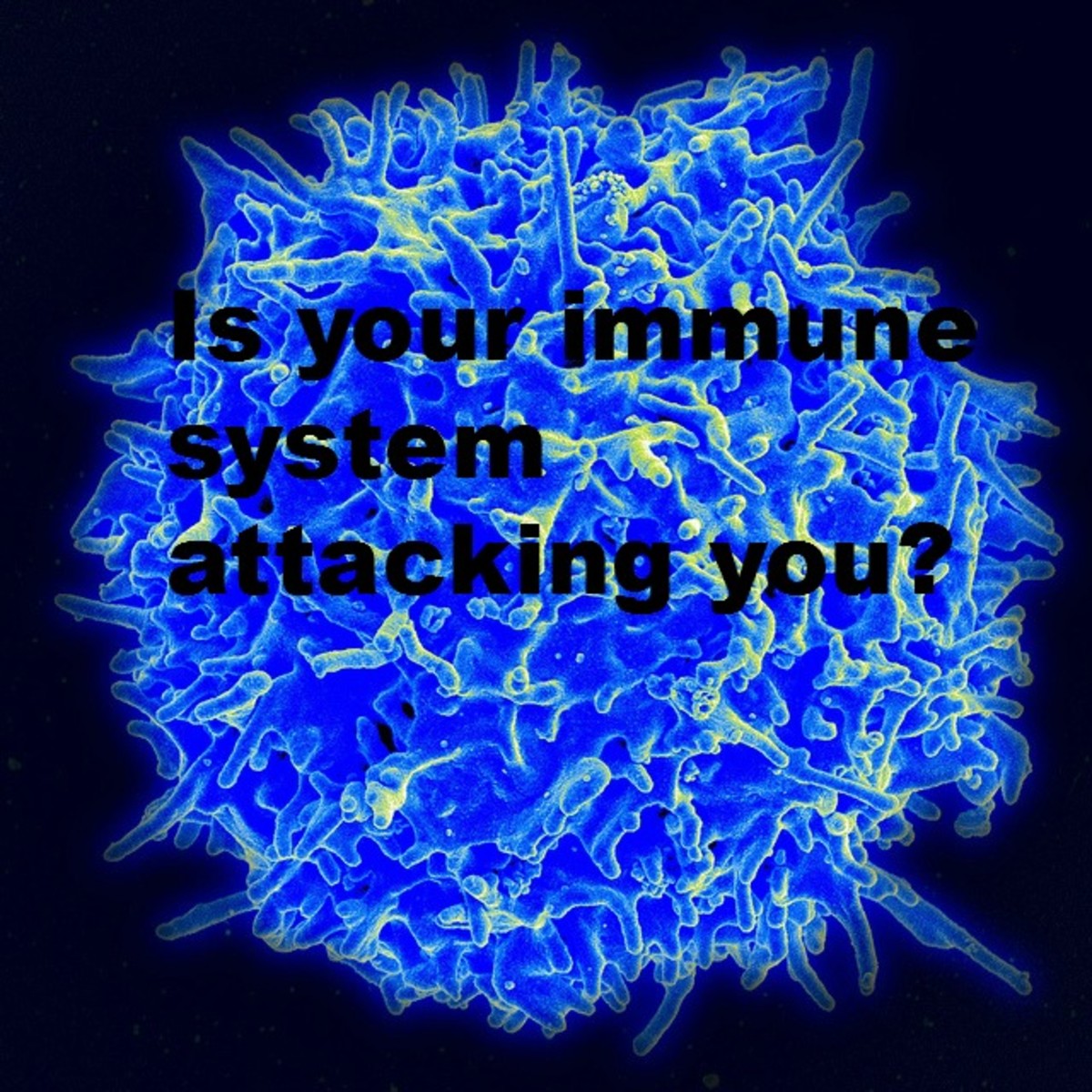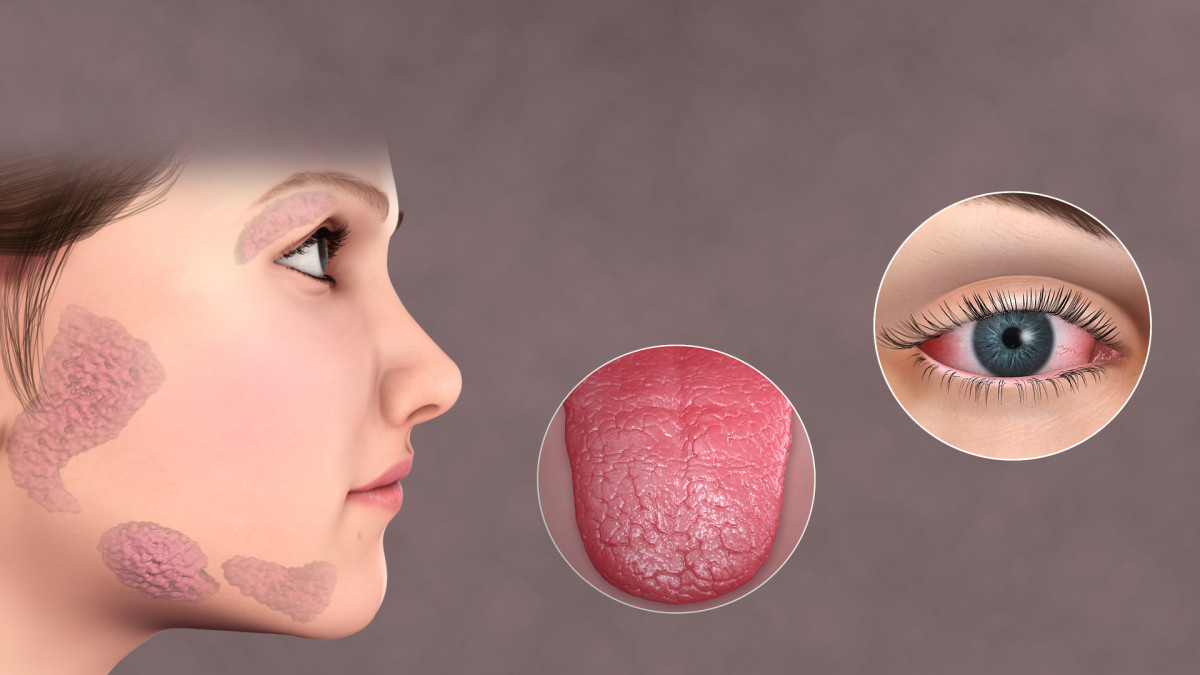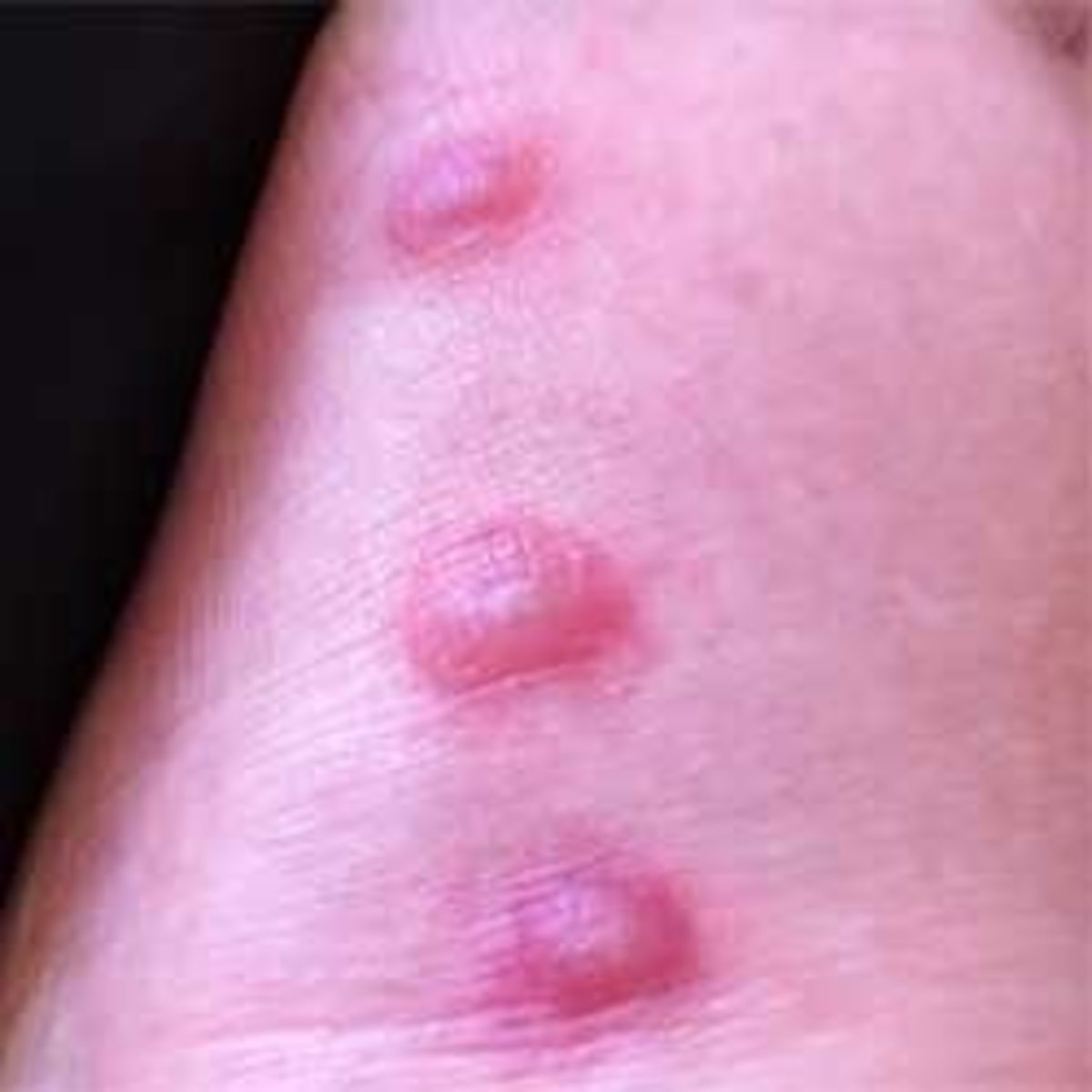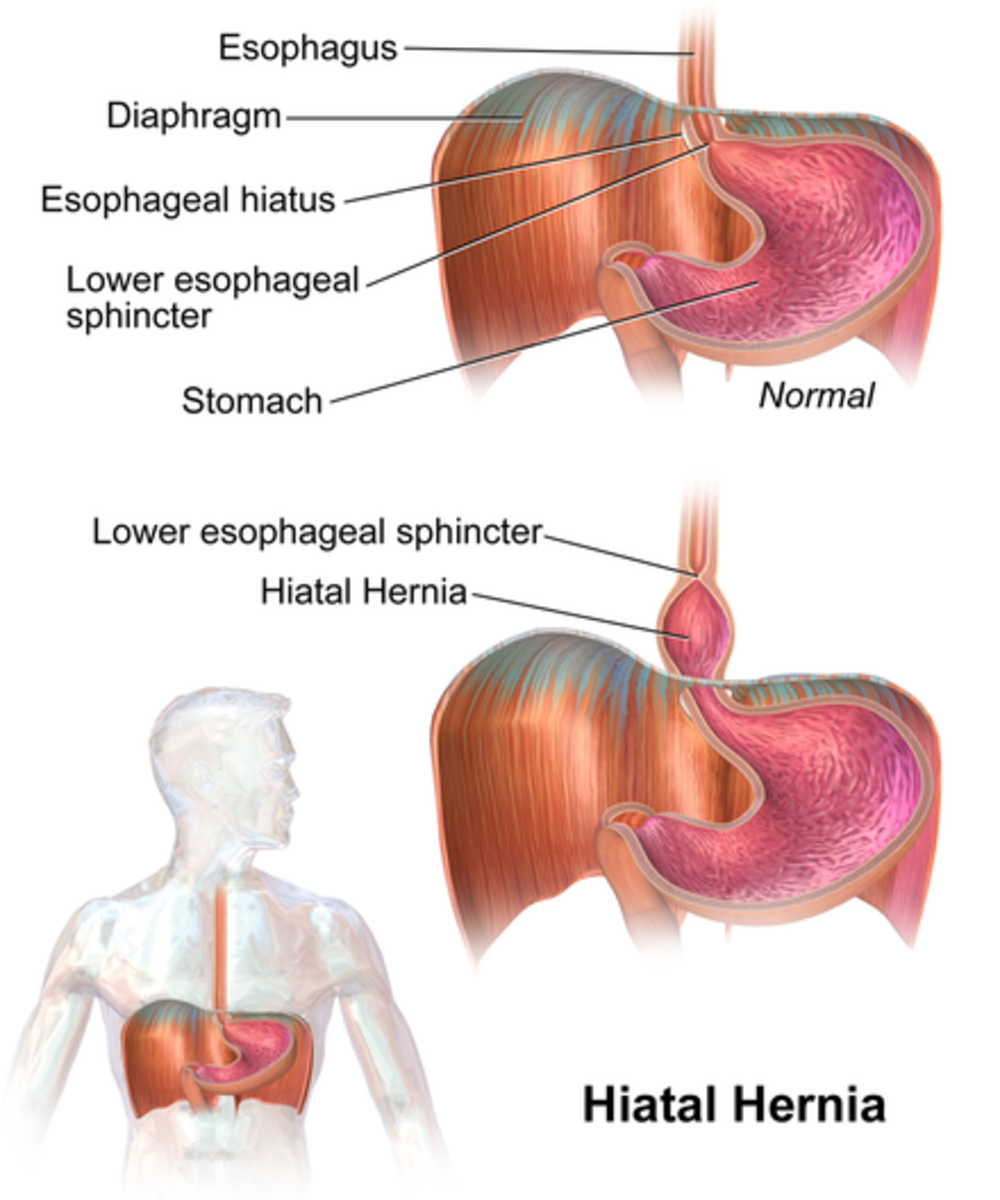Coeliac Disease: Uncommon name, common occurrence
Coeliac disease is an autoimmune disorder affecting the small intestine. It usually shows up in infants aged six months, but it can appear at any age. Studies show that people with coeliac disease are often genetically predisposed to the condition. Unfortunately, it tends to run in families. Symptoms are varied but generally include severe diarrhoea and tiredness. Fortunately, most people get a diagnosis before they begin to suffer from the disorder. Diagnosis is particularly useful because if left untreated, coeliac disease can have severe consequences.
People with coeliac disease have a reaction to the proteins found in gluten. This negative reaction is present primary in wheat, although other grains such as barley can also trigger a reaction. The immune system reacts and causes inflammation in the small bowel tissue. The villi in the small intestine, which are used for nutrient absorption, are shortened. This makes it difficult for nutrients to be absorbed into the body. The symptoms may manifest in different ways for different people. Coeliac disease remains incurable. Fortunately, however, it can be treated by avoiding gluten. Sticking to a gluten free diet can often be difficult. This can be particularly difficult when eating out. Unfortunately, gluten can be hidden in recipes.
Oats can safely be eaten by most coeliacs, but it’s important to monitor the intake of grains. Oats are often prepared in the same factory as other grains which are not suitable for those with coeliac disease. If uncontaminated, oats can bring in the missing variety of grains to the diet of someone with coeliac disease. Oats can also be used to make bread and crackers to satisfy cravings.

More about the symptoms of Coeliac Disease
Coeliac disease can be difficult to diagnose. A lot of times, its symptoms are often misdiagnosed as Irritable Bowel Syndrome. It is advisable for anyone with a diagnosis of IBS to be screened for Coeliac Disease.
One of the symptoms of Coeliac Disease is pale, greasy, loose stool, stomach pain and bloating. As the disease progresses, and damage to the bowel increases a person may become lactose intolerant. Coeliac disease is associated with higher risk of cancer of the small intestine. If the condition is left untreated, ulcers can form in the small bowel.
Adults with the condition will lose weight. Conversely, children will fail to thrive and do not gain weight at the expected rate. A small number of people do not present any symptoms, or just low-level tiredness. Coeliac disease causes changes to the small bowel. The unfortunate side effects impact on body’s ability to absorb nutrients from food, particularly the fat soluble vitamins, K, E, D and A. This is what causes weight loss and tiredness.
Anaemia is another common effect of coeliac disease. Anaemia is a condition caused by a lack of iron. When the body fails to absorb calcium and vitamin D due to lack of iron, it can leave the patient at risk of osteoporosis which increases the likelihood of fractures. The bone’s mineral content can also decrease. Lack of Vitamin D can interfere with the blood’s clotting process and this can elevate the risk of abnormal bleeding. Fortunately, however, this is a rare occurrence. There are links between coeliac disease and overgrowth of bacteria in the small intestine. This can cause the patient’s condition to worsen, despite treatment with a gluten-free diet.
What do you think?
Is a gluten free diet something you would try?
Coeliac disease has shown to be related to multiple other diseases and conditions. On one hand, it is not known whether the coeliac disease actually causes these diseases. Experts are unsure if a predisposition to one equals a predisposition to the other.
A small proportion of those with coeliac disease have an IgA deficiency. This can increase the risk of infection or autoimmune disease. Another associated condition is dermatitis herpetiformis, an itchy skin condition. Sufferers of this skin condition often show changes in their small bowel which are the same as those with coeliac disease. These victims may benefit equally well from a gluten-free diet. Coeliac disease has also been associated with spleen problems and may make the individual vulnerable to infections.
Liver problems are common in patients whose coeliac disease is not properly treated. Patients with coeliac disease should routinely be investigated for liver disease. They should have liver function test carried out as part of their follow-up treatment. Around 6.4% of people with autoimmune hepatitis have coeliac disease. This is a condition where the body’s autoimmune system attacks the liver. Another liver condition associated with coeliac disease in primary biliary cirrhosis. This affects the bile ducts in the liver and those with coeliac disease could be up to three times more likely to develop this condition. Liver problems often improve dramatically once a person with coeliac disease starts a gluten-free diet.
Research has shown that people who are diagnosed with coeliac disease are slightly more likely to experience infertility for unexplained reasons. This could be related to the fact that those with coeliac disease tend to commence menopause at a significantly younger age.
Undiagnosed coeliac disease can have a negative effect during pregnancy. The disease has been associated with miscarriage, poor growth and premature birth. However, pregnant coeliacs who followed a gluten-free diet were much less likely to experience problems.
Coeliac disease has links with other medical and autoimmune conditions such as diabetes and thyroiditis. Somewhat controversially, some conditions such as autism and schizophrenia present with similar antibodies to coeliac disease, and likewise have been known to improve with a gluten free diet.
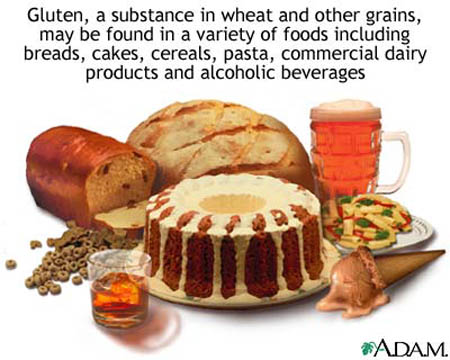
- Grasses have the gluten that causes the reaction. Things such as wheat, rye and barley
- If left untreated it could do a lot of damage to the body. Anything from infertility to inability to function normally can happen
- Fortunately, technology provides a lot of options for the suffering person. A sufferer can still eat all the same foods, just with different ingredients.
- Even though the diet may be difficult initially, the health benefits of changing are countless.
Diagnosing and screening Coeliac Disease
The type of test used to diagnose coeliac disease depends on how bad the patient’s symptoms are. It is important to note that these diagnostic tests are not useful if the patient is already pre-emptively excluding gluten from their diet. Damage to the intestines begins to heal weeks after gluten is removed, and levels of antibodies will go down. If a patient has already ceased eating gluten it is sometimes useful for them to re-introduce it into their daily meals over a course of several weeks, before tests are repeated.
A biopsy is often recommended for patients with severe symptoms but blood tests are a more common diagnostic tool. This can then be followed by an endoscopy or biopsy.
In recent years it has been suggested that serology is used to screen potential patients. This would detect incidences of coeliac disease which had previously not been picked up. Still, this issue is hotly debated. Timely diagnosis can certainly reduce the likelihood of the more serious side effects; things like anaemia and osteoporosis. However, there is no evidence that early diagnosis via screening have an effect on mortality. This means that screening is not carried out amongst all members of the population. The National Institute for Health and Clinical Excellence recommends that people who have been diagnosed with chronic fatigue or IBS are screened for coeliac disease. It is also recommended for those who have a relative with coeliac disease or who have a related condition such as thyroid disease.
Diet for Coeliac Disease Sufferers
Lifelong gluten-free diet is currently the only treatment for coeliac disease. There is no medication which will stop the autoimmune response against the small intestine which is triggered when there is gluten in the diet. The diet needs to be followed strictly in order to allow the small intestine to recover, and symptoms to ease. If the condition is diagnosed promptly and gluten-free diet started, the patient becomes less likely to develop osteoporosis or cancer. A newly diagnosed coeliac sufferer is likely to be referred to a dietician. The dietician will help educate them about which elements of their diet contain high levels of gluten. They will offer a list of which foods they can safely consume, and how to enjoy a varied diet in spite of their restrictions.
It is vitally important to stick to the diet strictly because even the occasional ‘treats’ can result in a return of symptoms. Various gluten free products are available in many countries. Unfortunately, the “gluten-free” foods rarely mean a total absence of gluten. Instead, gluten is present but at a “safe level”. The label ‘gluten free’ is regulated but this varies from country to country. Gluten-free foods do tend to be quite expensive. Usually, ready-made meals are high in gluten, as a result it is better for coeliac to make their meals from scratch.

A very small number of sufferers with severe coeliac disease do not improve, even while following a strict gluten-free diet. This is usually because they have had the condition for a very long time. The condition has become so developed that the damage done to the intestine can not be reversed through dietary means. On the other hand, it could simply mean that the patient is accidentally consuming foods which are not free of gluten. Generally though, a diet free of gluten will help return a sufferer back to their regular self. People can improve their whole lives through a new diet.
It is important to consult a medical professional if you are feeling any symptoms. Symptoms are the body's way of alerting us to danger. Don't ignore your body's cry, call a doctor and get tested. You can only benefit from finding out about your health.



